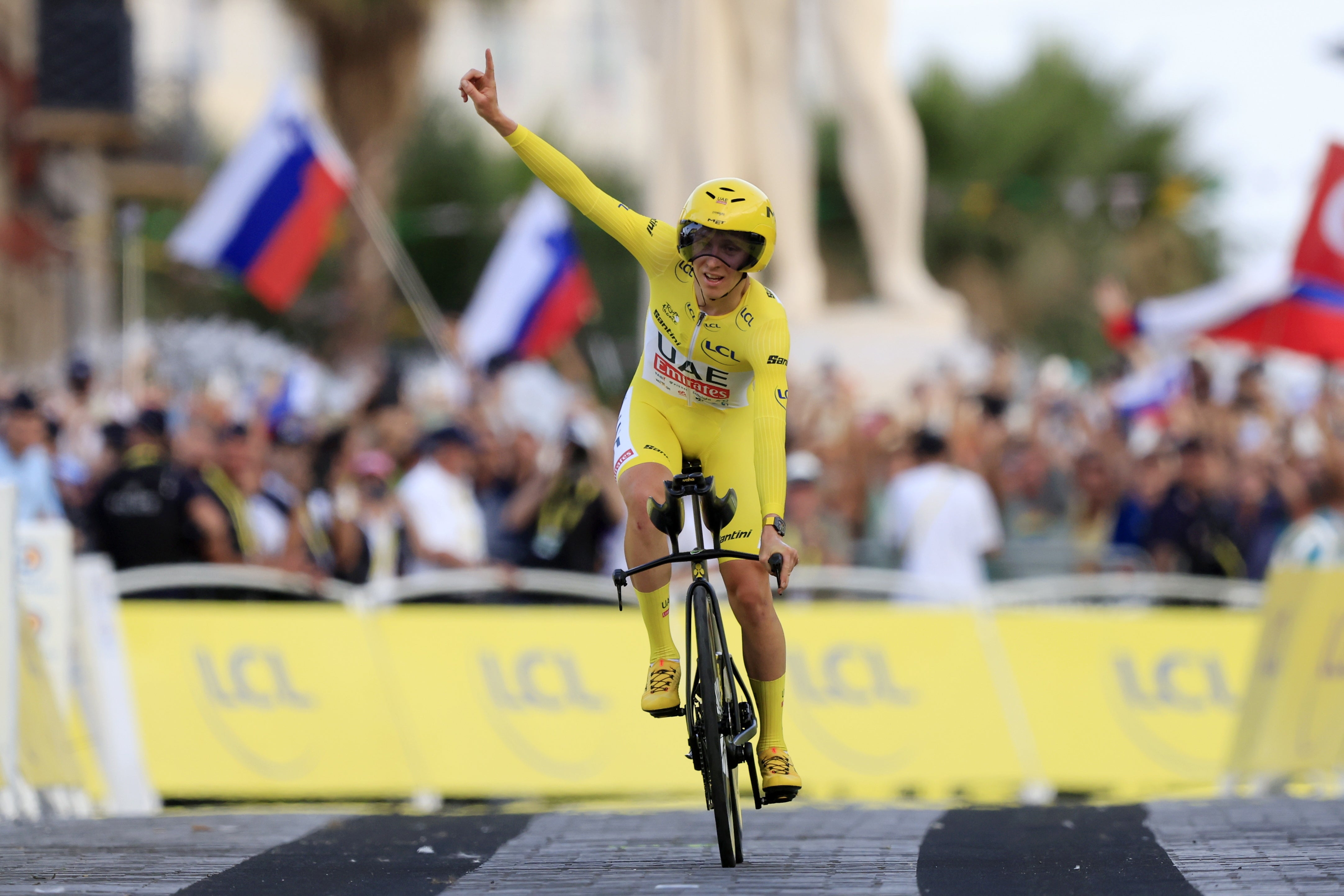The Tour de France is breaking with tradition, and not everyone is happy about it.
The announcement of plans to include the iconic Montmartre climb in the final stage this July has sparked debate across the cycling world. Will this shakeup decide the overall winner, or simply disrupt the traditional celebratory sprint?
Traditionally, the Tour final stage is largely processional until a sprint decides the day’s winner on the Champs-Élysées.
However, the inclusion of the Montmartre climb throws a wrench into the predictable proceedings. This steep, cobbled climb, situated in the heart of Paris’s artistic district, could force teams to rethink their strategies, potentially creating a more dynamic and unpredictable race.
Last year’s Olympic road race offered a glimpse of what to expect. Massive crowds thronged the streets of Montmartre, creating an electric atmosphere as riders battled up the hill.
Inspired by this spectacle, Tour organisers decided to incorporate the climb into this year’s race. Riders will ascend the hill, passing beneath the Sacré-Coeur basilica, before contesting the final sprint.
While some worry about disrupting the traditional final stage, others see the Montmartre climb as an exciting innovation. It promises a dramatic and visually stunning finale to cycling’s most prestigious race, potentially offering a thrilling twist to the usual sprint finish.

Whether this change will ultimately crown a new champion or simply add a layer of chaos remains to be seen. One thing is certain: the final stage of this year’s Tour de France will be a spectacle unlike any seen in recent decades.
Last year’s final stage was held outside Paris for the first time since 1905 because of a clash with the Olympics, moving instead to Nice.
The world famous avenue is back on the program this year for the conclusion of the 3,320-kilometer (2,060-mile) race.
Get 3 months free with ExpressVPN
Servers in 105 Countries
Superior Speeds
Works on all your devices
Try for free
ADVERTISEMENT. If you sign up to this service we will earn commission. This revenue helps to fund journalism across The Independent.
Get 3 months free with ExpressVPN
Servers in 105 Countries
Superior Speeds
Works on all your devices
Try for free
ADVERTISEMENT. If you sign up to this service we will earn commission. This revenue helps to fund journalism across The Independent.
The inclusion of the steep Montmartre climb could dramatically change the dynamics of the stage. If the hill features just a few kilometers from the finish line, or is climbed several times, pure sprinters will likely be dropped before they can compete for the stage win. And if the general classification remains tight ahead of the final stage, the yellow jersey itself could be decided in Paris.
Full details of the route will be presented at a news conference on Wednesday. With a peloton roughly twice as big as it was at the Olympics, organisers are working with Paris authorities and the Prefecture of police to ensure the security of the race on the narrow and cobbled streets of the area. But some top riders have already expressed their lack of enthusiasm about the addition.
“Montmartre was nice to do in the Olympics, it seemed good, a lot of people, a really good atmosphere,” two-time Tour champion Jonas Vingegaard told reporters this week. “But when they came to the Montmartre, there was only 15 riders left in the bunch. And when we do the Tour de France, there will be 150 guys fighting for positions on a very narrow climb. It could end up being more stress than they want to have.”

Even Remco Evenepoel, who won the Olympic men’s road race in Paris last year and the gold medal in the time trial, is also opposed to the idea.
“There will be enough battle for positioning in the first week of the Tour,” he told sports media Sporza. “With Montmartre added, that would mean we have to do the same on the last day. We will be tired enough by then.”
Evenepoel also lamented the fact that sprinters would be robbed of a rare chance to claim a prestigious win on the world famous avenue.
“They get a big chance every year to sprint for a stage win on the Champs-Elysées,” he said. “That chance is then taken away from them. In my opinion, Montmartre is an unnecessary obstacle.”
Marc Madiot, who manages the Groupama-FDJ team, said bad weather on the final day could make the stage more treacherous.
“Imagine a slight rain in Paris; it’s not going to be easy for the riders,” he told RMC Radio. “Do we want a show? Do we want to visit Paris? Do we want to commemorate the Olympics? If we expect a real race, we could be disappointed. And if we do get a real race, we put everything that has happened in the last three weeks in jeopardy.”
The Tour starts from the northern city of Lille on July 5, and the women’s race kicks off on July 26 from the Brittany town of Vannes.



